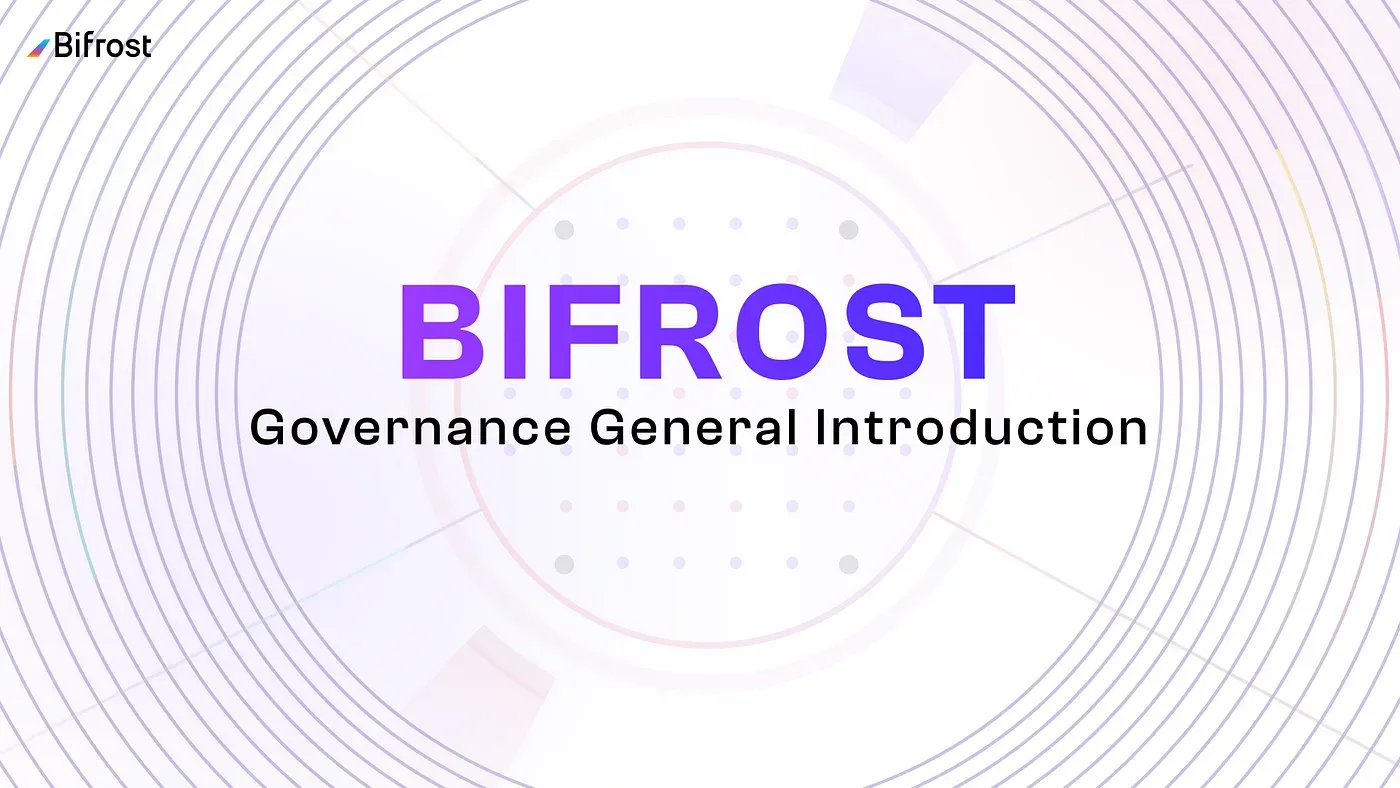
Network upgrades on Polkadot rely on the combined efforts of active token holders and a Council working in tandem. Any proposed changes will require collective approval by all stakeholders, weighted according to their stake in network transactions. Polkadot’s mechanism ensures that its community carefully considers any alterations before implementation. Bifrost’s move to Subsquare retains Polkadot’s model, bolstering what the platform established in Forum.
On July 20, 2021, Bifrost won Kusama’s fifth parachain position. As a parachain, Bifrost prioritized democratic governance, employing Kusama’s governance module framework, partially modifying governance parameters to suit its purposes, and generating a governance module suited to the rate of DeFi innovation. A tricameral governance structure, a relatively mature on-chain governance mechanism, or coordinated governance by tripartite institutions - the public, the parliament, and the technical committee - continued to be the consistent governance mechanism of Polkadot and Kusama as a whole in Bifrost.
Bifrost recently moved its governance structure to a new platform - Subsquare. The intuitive application is designed for maximum engagement and easy access to all relevant information by members of the Bifrost Network. It gives users democratic control over crucial decision-making processes, making it easier for the community to identify, react to, and cast their votes.
Off-chain proposals are similar to their on-chain counterparts, with the proposals originating from different chains.
Under the discussion tab, Bifrost encourages everyone to share their thoughts on Bifrost Network, with the intent of making changes to parameters in its parachain. An open dialogue among all community members will help ensure the successful passage of any prospective proposals put forward.
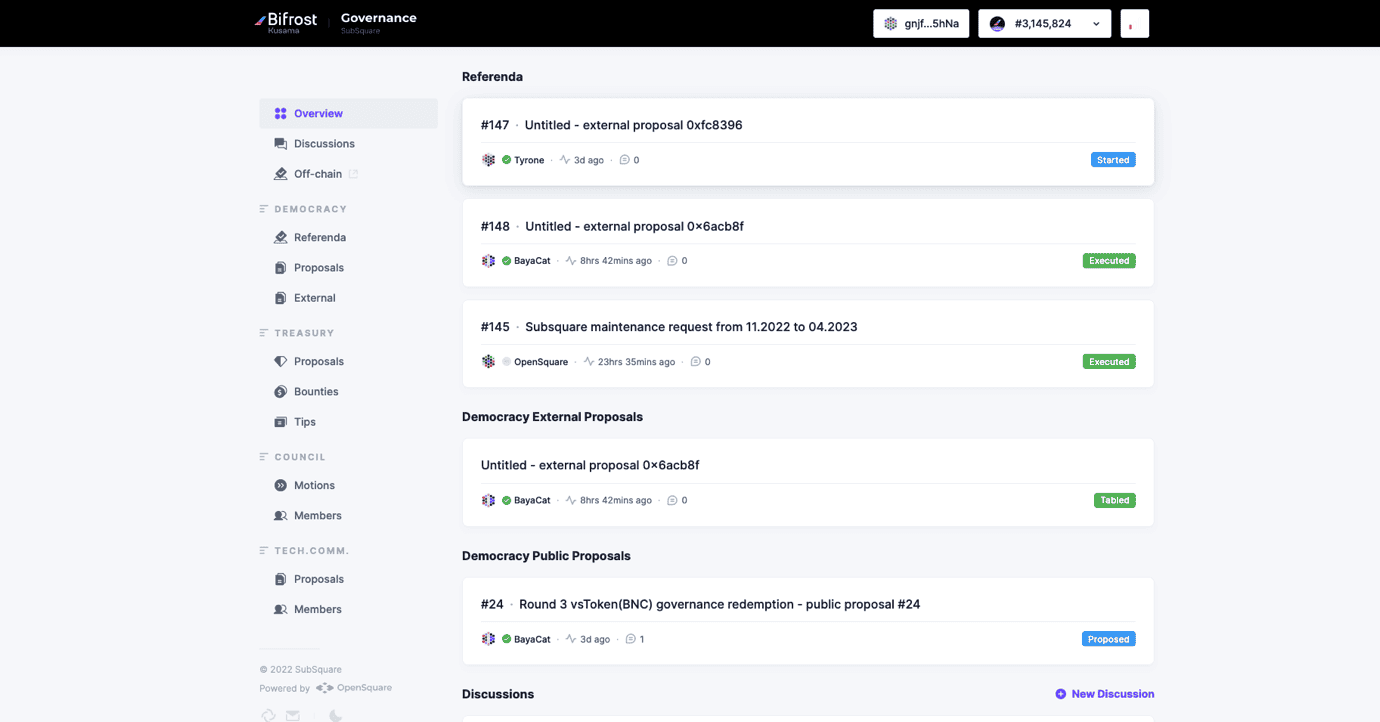
The dashboard provides an overview of all the governance components in Bifrost’s Subsquare. They include Democracy, Treasury, Council, Technical committee & Discussion, and Off-chain. Each serves a different function, but the general idea behind these components is to allow users to create proposals, participate in referendums, and exercise their democratic rights based on their locked-up tokens. Here’s an overview of the governance components.
Bifrost users with novel ideas or suggestions to improve the ecosystem have the discussion tab to share their views and engage in meaningful conversations for community and network growth. The discussion tab is where to express any solutions or concepts before sending an on-chain proposal.
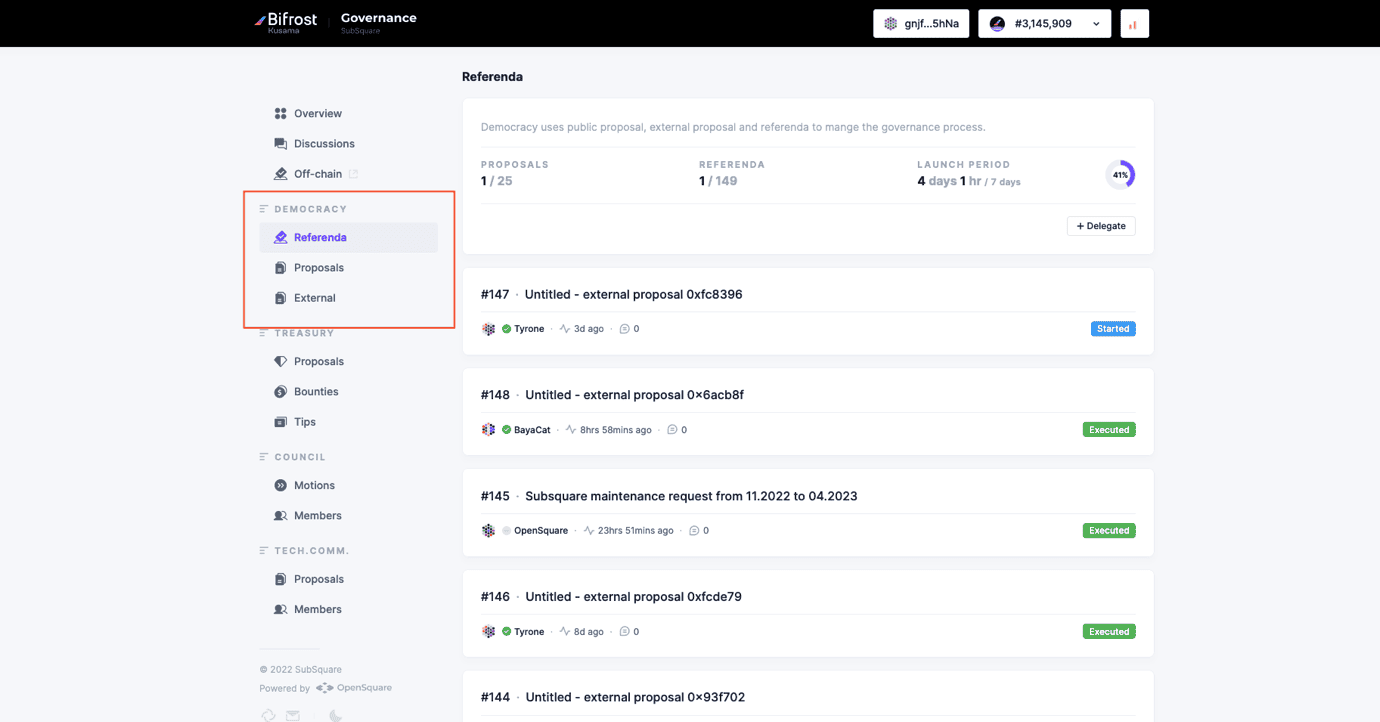
Democracy uses public proposals, external proposals, and referenda to manage the governance process.
Governance systems rely on proposals to drive progress. Stakeholders formulate proposals while peers upvote them, thus providing the opportunity for everyone to project their voice in decisions that shape Bifrost’s future direction. Once per week, the most supported idea is elevated and brought forth as a referendum for all stakeholders.
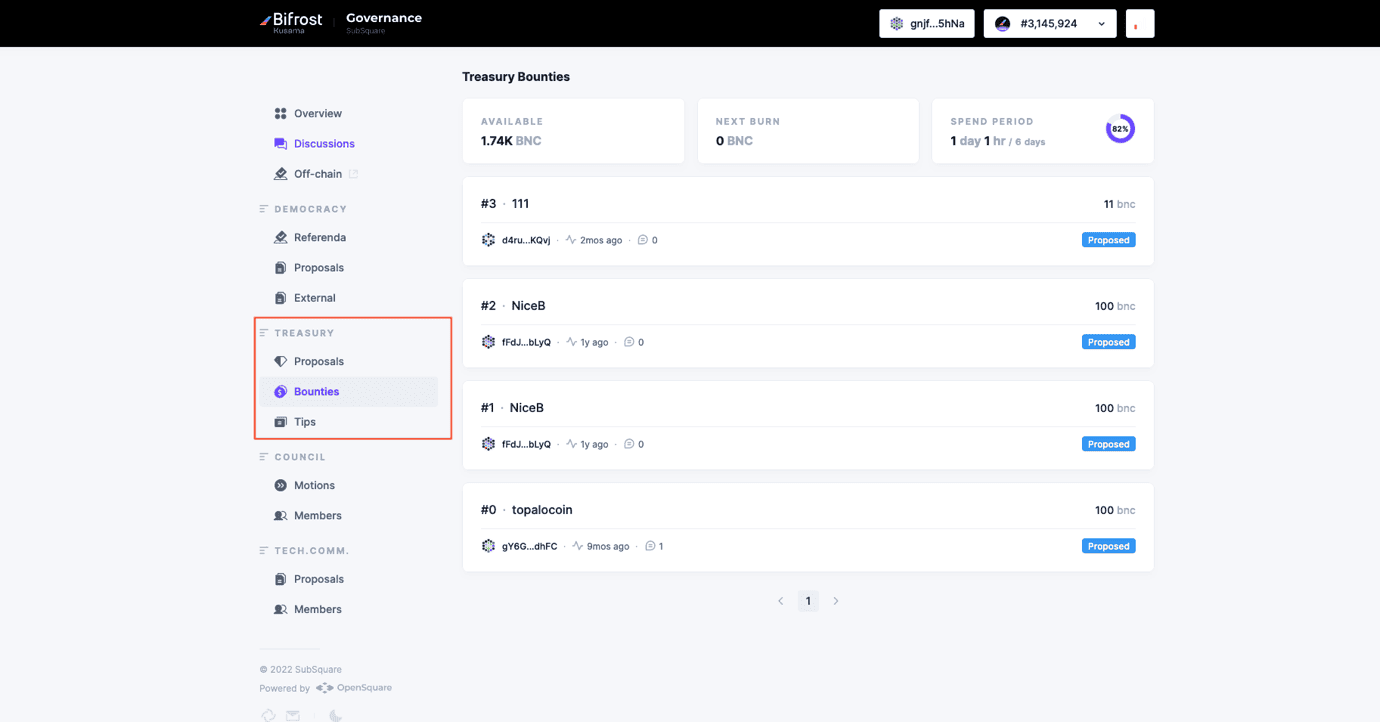
Bifrost’s network expansion facilitates the growth of Treasury assets, enabling applicants who support Bifrost’s ecology to access incentives that promote their contribution. Treasury proposals suggest the handling of protocol funds reserved in the treasury.
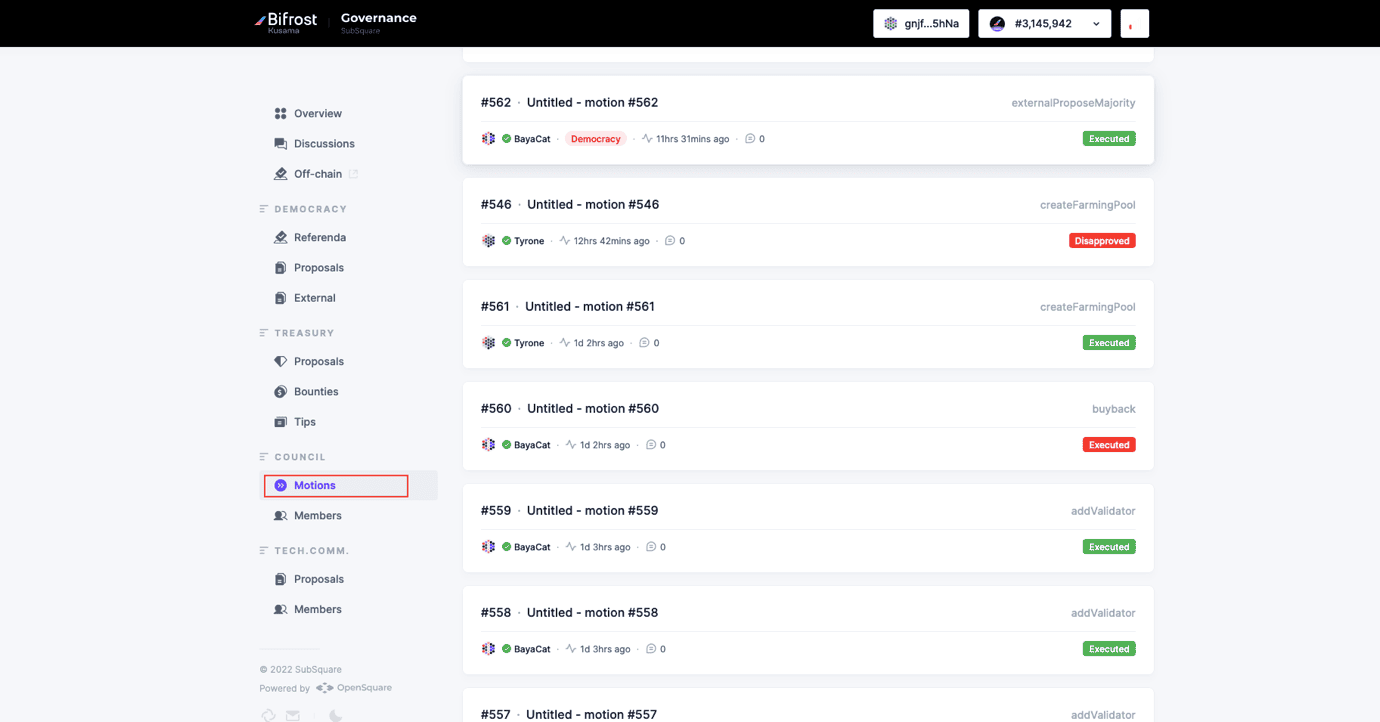
The Council consists of multiple participants (currently three in Bifrost), each representing a stakeholder’s account on the Bifrost chain. Only a few members are appointed to serve in the Council; however, we plan to abandon the Council model once Open Governance (Gov 2.0) goes live. The OpenGov V2 update will abolish the Council and Technical Committee, introducing a Fellowship in its place.
With OpenGov 2.0, tens of thousands of blockchain experts will form the Fellowship, shifting governance from the centralized characteristics exhibited by the Council and Technical Committee modules.

To foster a successful ecosystem, the Technical Committee provides ongoing support to teams that operate or develop for its runtime and Host. Endorsement is granted by Council members via a vote, facilitating access to resilient resources necessary for success in this growing space.
Understanding Bifrost’s governance structure allows users to express their platform interests by following the appropriate channels. The mechanisms in place ensure Bifrost remains decentralized in all its activities. Revealing platform governance also helps highlight the weaknesses in the mode, which the community may address.
We will continue to update users on governance matters to maintain transparency and foster a trusting relationship with the Bifrost community.